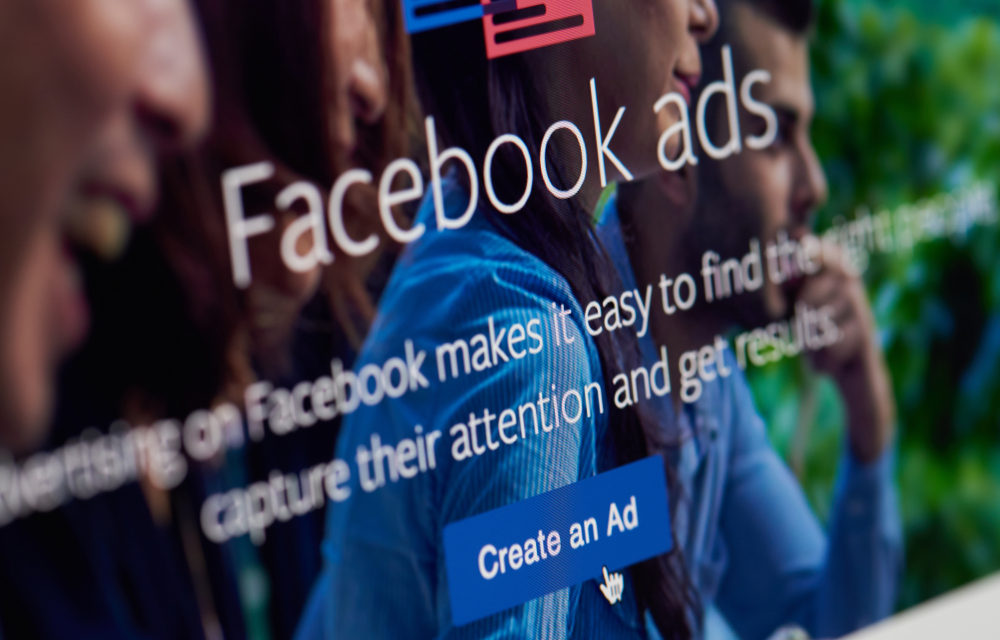Editorial credit: PixieMe / Shutterstock.com
by Sara Guaglione
Source: www.mediapost.com, December 2019
The Center for Media Engagement at The University of Texas at Austin partnered with ProPublica to study how headlines and images on Facebook’s sponsored posts affects click-through rates from liberals and conservatives.
Nonprofit news organization ProPublica wanted to understand how liberals and conservatives react to its articles. Working with the Center for Media Engagement, ProPublica looked at how different headlines and images can attract people from across the aisle.
The two organizations found that Facebook ads using straightforward photographs — instead of illustrated graphics — performed better among both liberals and conservatives.
Using an online survey, the Center for Media Engagement and ProPublica identified four articles liberals said they were more likely to click on. They developed new headlines and selected photographs and illustrated graphics for those stories. The changes were based on research that provided general themes and specific language, earmarking what would appeal to different political audiences, according to the report.
For example, the two organizations tested a post with an illustrated photo and the headline “Why America Fails At Gathering Hate Crime Statistics” versus a photo of the FBI building with the headline “The FBI’s Work Tracking Hate Crimes is More Difficult Than People Think.”
The study ran 16 ad campaigns on Facebook using the platform’s split test feature.
The most popular ads in terms of clicks were the versions with the changed image and original headline. New images consistently boosted clicks, but straightforward photographs fare better when running ads or posting articles on Facebook, the study found.
However, changing the headlines to try to appeal to people across the political spectrum decreased clicks among both conservatives and liberals.
“Reframing headlines to try to appeal to different moral values was not an effective way to affect interest among conservatives and liberals. Instead, it appeared to make the article less interesting to users of both political viewpoints,” reads the report.
Liberals shared the articles more often than conservatives, but the share rates were low overall.
The Center of Media Engagement and ProPublica also tested targeting people based on their geographic location with the sponsored posts, instead of using Facebook’s targeting tool. They found similar results in terms of which articles garnered the most clicks.

